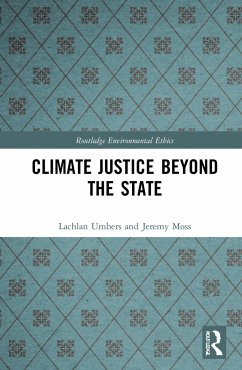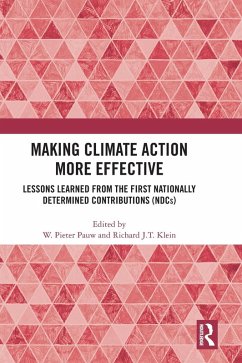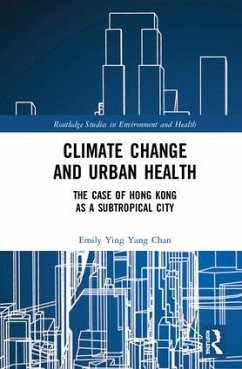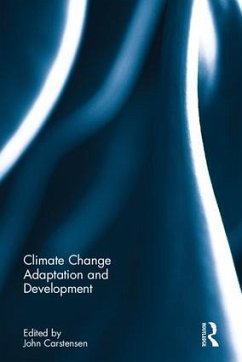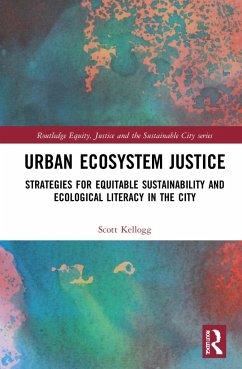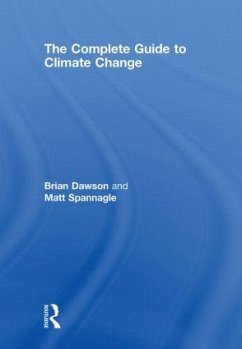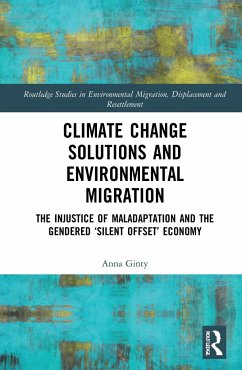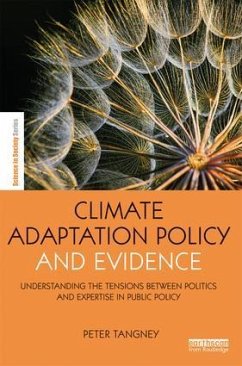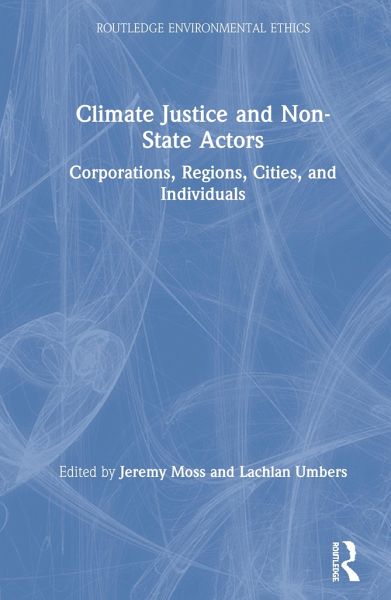
Climate Justice and Non-State Actors
Corporations, Regions, Cities, and Individuals
Herausgeber: Moss, Jeremy; Umbers, Lachlan
Versandkostenfrei!
Versandfertig in 1-2 Wochen
167,99 €
inkl. MwSt.
Weitere Ausgaben:

PAYBACK Punkte
84 °P sammeln!
This book investigates the relationship between non-state actors and climate justice from a philosophical perspective. The climate justice literature remains largely focused upon the rights and duties of states. Yet, for decades, states have failed to take adequate steps to address climate change. This has led some to suggest that, if severe climate change and its attendant harms are to be avoided, non-state actors are going to have to step into the breach. This collection represents the first attempt to systematically examine the climate duties of the most significant non-state actors - corpo...
This book investigates the relationship between non-state actors and climate justice from a philosophical perspective. The climate justice literature remains largely focused upon the rights and duties of states. Yet, for decades, states have failed to take adequate steps to address climate change. This has led some to suggest that, if severe climate change and its attendant harms are to be avoided, non-state actors are going to have to step into the breach. This collection represents the first attempt to systematically examine the climate duties of the most significant non-state actors - corporations, sub-national political communities, and individuals. Targeted at academic philosophers working on climate justice, this collection will also be of great interest to students and scholars of global justice, applied ethics, political philosophy and environmental humanities.





